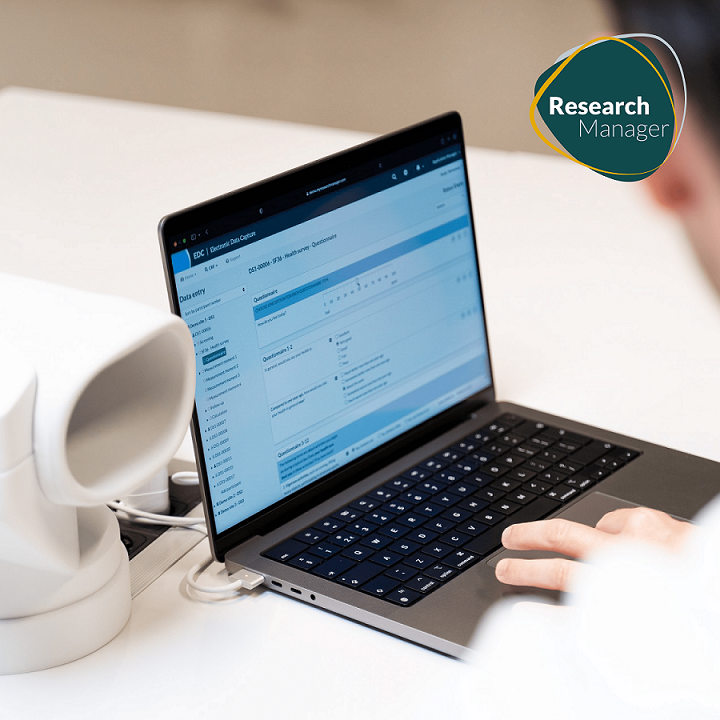
Only 1 in 50 medical devices makes it to market. Brilliant ideas are plentiful, but startups often stumble over predictable challenges.
ResearchManager supports medtech startups, CROs, and academic institutions with their clinical research processes, including the launch of medical devices. Based on our experience with medtech startups, four recurring challenges consistently emerge. In this article, we want to raise awareness of them.
Challenge 1: Validating the market too late
The classic mistake is falling in love with your own idea without checking whether the world is actually waiting for your medical device. A smart go-to-market strategy doesn’t start with the question of technical feasibility, but with whether there’s real demand.
How to approach this successfully
Start with curiosity. Talk to real users before you begin development. Don’t ask, “Would you buy this product?” Instead, ask, “How do you currently solve this problem?”
Challenge 2: Underestimating regulations
Developing, approving, and marketing a medical device involves many processes and regulatory requirements. Missing a single step can mean having to redo everything later. On top of that, medtech regulations are highly complex and differ across regions.
How to approach this successfully
Classify your medical device from the start and begin following applicable regulations as early as possible. Use the table below to check which laws and requirements apply.
Challenge 3: Misjudging clinical validation
How many test subjects do you need to validate your medical device? This is not guesswork, it’s statistics. Too small a sample size will lead to rejection by regulators. Too large a sample size wastes unnecessary resources.
How to approach this successfully
Bring in a statistician or epidemiologist for the calculations. It may seem expensive, but it’s far cheaper than having to redo your clinical validation after rejection.
Challenge 4: Underestimating the budget
Costs vary greatly depending on the type of medical device and the complexity of clinical validation. Hidden costs also tend to appear, ethics committees, monitoring, data management, statistics, and regulatory consulting, to name a few.
How to approach this successfully
Work in phases and start with a proof of concept. Leverage existing infrastructure such as universities and hospitals instead of building everything yourself. And bring in specialists to avoid costly mistakes.
How ResearchManager Helps Accelerate Clinical Research
The above challenges are not unique, every clinical study faces them. The difference between success and failure often lies in how well you understand the clinical validation process. This prevents enthusiastic beginnings that later stall due to regulatory issues, leading to delays and higher costs.
How we can help
1. Professional Services: We support with study design, well-structured study processes, regulatory compliance, data management, monitoring, and statistics.
2. EDC System (Electronic Data Capture): Optimize and streamline data collection processes, gain rapid insights, and ensure data is managed at the highest security and quality levels.
3. ePRO System: A user-friendly system to collect feedback from trial participants and patients. They can complete questionnaires on their own device, laptop, mobile phone, or tablet.
Need advice or software for your clinical research?
Contact ResearchManager for a free consultation at our Manchester office, located in the GMCC building.
Or make a digital appointment with us: https://my-researchmanager.com/en/request-inquiry

